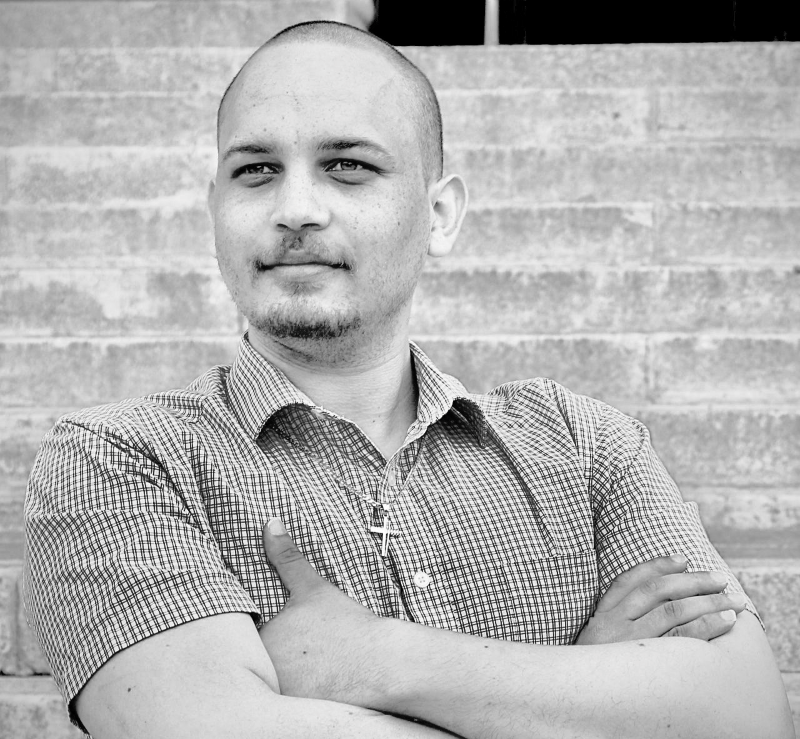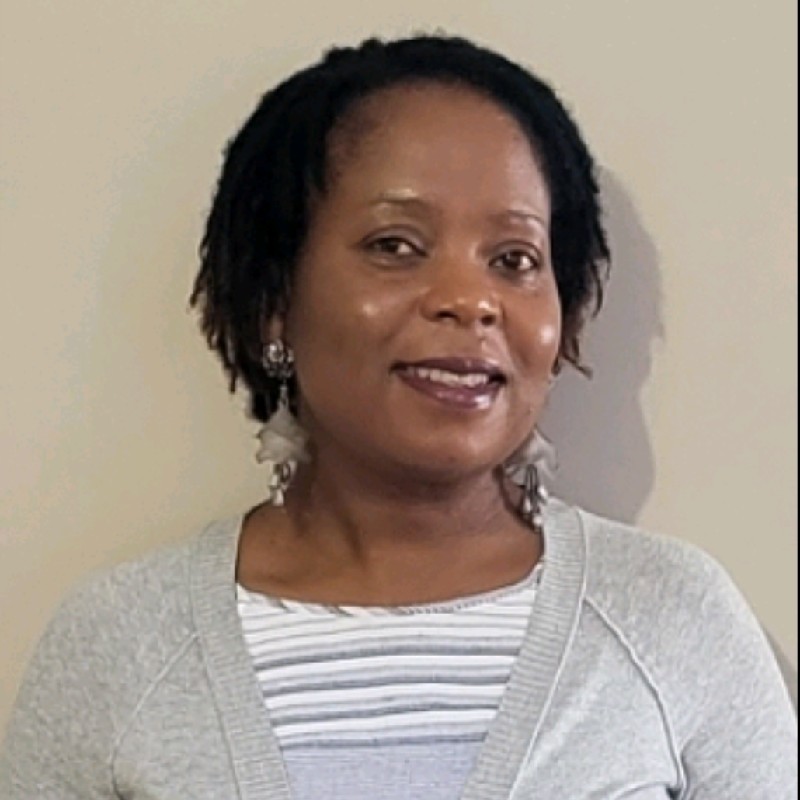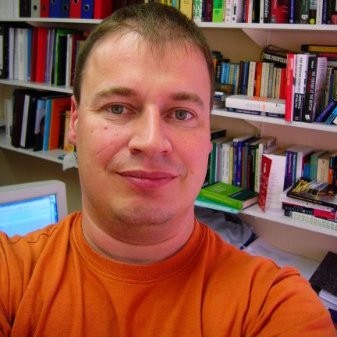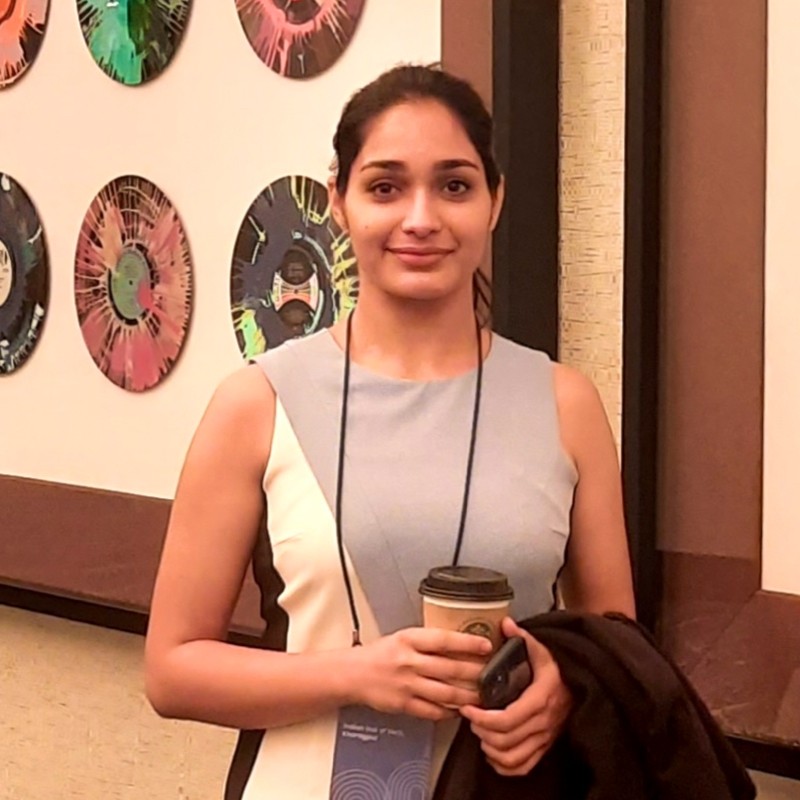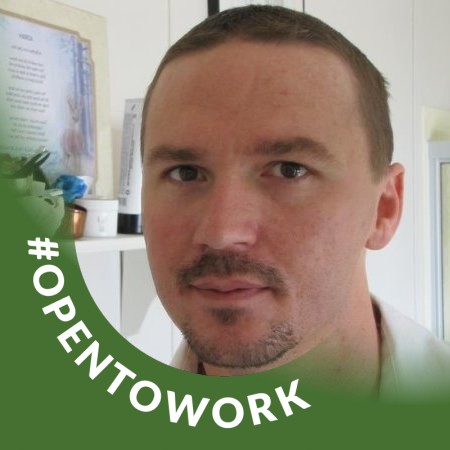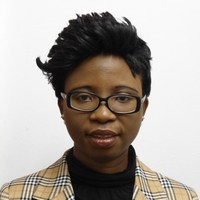Achieving Sustainable Transdisciplinary Research in Construction Project Management
A Novel Bibliometric Approach to Reviewing Literature for Theory
DOI:
https://doi.org/10.31224/3550Keywords:
Bibliometric analysis, Cointegrating theory, Construction project management, Co-Theory, Model of Transdisciplinarity, Project Management, Environmental Science, Social Science, Energy, Engineering, Computer Science, Medicine and Health Sciences, Earth and Planetary Science, Economics, Decision Science, Business Management, Built environmentAbstract
Contemporary construction project management faces a significant challenge: the existing academic literature, spanning various disciplines, remains underutilised due to a lack of systematic integration for transdisciplinary collaboration. The primary purpose of this study is to forecast connected disciplinary thought through a novel bibliometric model, in the development of ‘co-theory analysis’, thereby identifying potential transdisciplinary collaboration gaps capable of effectively addressing transdisciplinary research in the field of construction project management through a theocratic lens of transdisciplinary perspectives. This novel method of exploring interdisciplinary theory utilises a detailed bibliometric analysis of project management literature from Scopus by identifying its interconnected relationship with construction project management, categorising papers by theory to reveal interdisciplinary intersections and potential collaborations. It statistically predicts research effectiveness, providing a roadmap for success across a series of disciplines. The analysis reveals significant, yet previously unexplored, theoretical intersections with a focus on construction project management and other co-keyword disciplines, cointegrated through theory to systematically map and analyse patterns in academic literature trends. These intersections suggest specific areas where collaborative research yields substantial potential advancements. Additionally, the study further identifies key institutions and academic experts whose combined expertise could be pivotal in bridging these identified research gaps. This novel bibliometric analysis method for statistical theory analysis is developed to enhance transdisciplinary collaboration and is a considerable contribution to the advancement of transdisciplinary research. Aligned with SDG 9, in addressing complex challenges and promoting sustainable industrialisation and innovation. It identifies key theories for use in construction project management, offering a framework for strategic academic transdisciplinary partnerships and targeted theoretical exploration for academics of any level.
Downloads
Downloads
Posted
Versions
- 2024-06-03 (3)
- 2024-05-20 (2)
- 2024-02-12 (1)
License
Copyright (c) 2024 Malcolm Roy Weaich, Prisca Simbanegavi, Pride Ndlovu, David Root, Tanya Kaur Bedi, Adrah Niccolo Parafiniuk, Benedikt Latos, Yewande Adewunmi

This work is licensed under a Creative Commons Attribution 4.0 International License.

